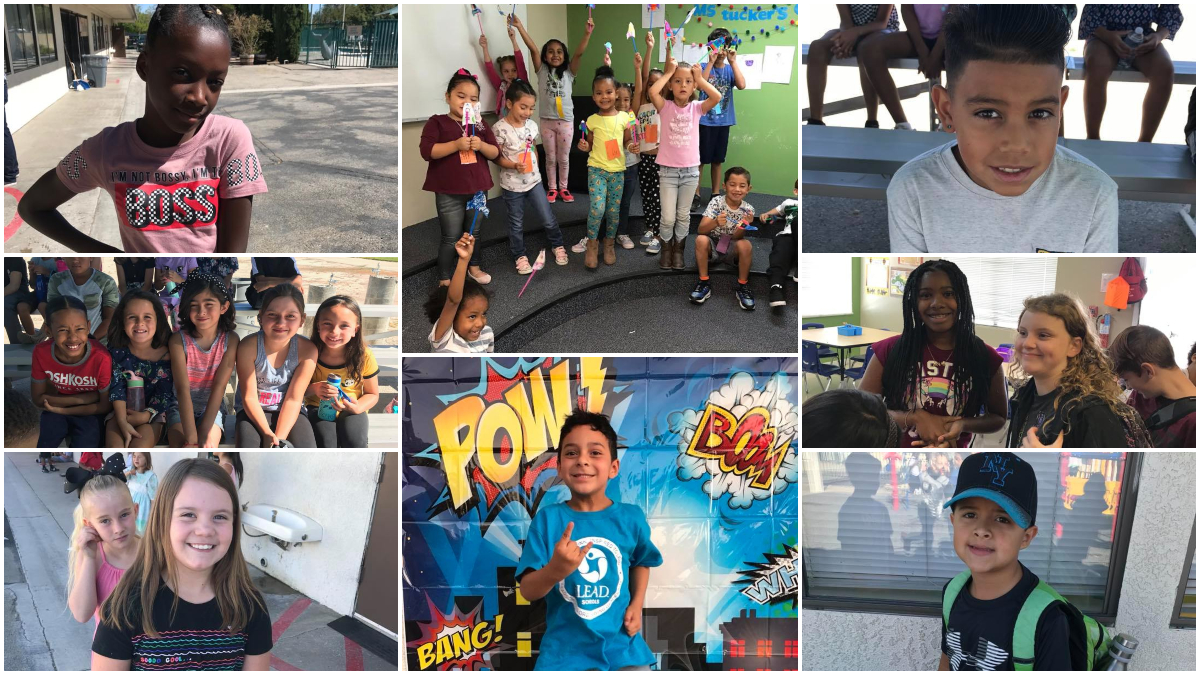Editor’s Note: This is one in a series of articles on the pillars of iLEAD Antelope Valley’s educational philosophy and approach.
This week, we look at Habit #3: Put First Things First. This habit, which all of our learners at iLEAD Antelope Valley are learning to put into practice, is all about identifying and organizing one’s priorities. In essence, someone who puts first things first is saying, “I spend time on things that are most important. I set priorities, make a schedule, and follow a plan. I’m disciplined and organized.”
Dr. Stephen Covey said that “first things” are basically all those things that you value most in your life. So, you should manage your schedule according to your priorities to get all essential things done on time.
Skills that can be learned by putting first things first include:
- Time management
- Cultivating a strong work ethic, flexibility, and adaptability
- Interpersonal skills
- Self-management
- Being accountable and responsible for actions and results
- Cultivating analytical skills
An effective way to implement Habit #3, according to Covey, is breaking down activities into four quadrants of urgency and importance:
- Quadrant 1: Urgent and important
- Quadrant 2: Not urgent and important
- Quadrant 3: Urgent and not important
- Quadrant 4: Not urgent and not important
Covey suggests you become more aware of your internal drive, values, and goals. This makes it easier to say “yes” to the actions that are based on these factors. This way, values and goals are less often overruled by (non-important) urgent matters. Remember that whenever you say “yes” to one thing, you will no longer have time for something else. Time is the most valuable and least replaceable of all resources. Things that appear urgent will most likely trigger a “yes” if you are asked to help out. It’s useful to understand that saying “no” is also a legitimate option.
By identifying what’s most important to you, and where your passions lie, you can more easily learn to put first things first.
Join us next week as we explore Habit #4: Think Win-Win.
For more information on the 7 Habits and other leadership resources, click here to visit the FranklinCovey website.

